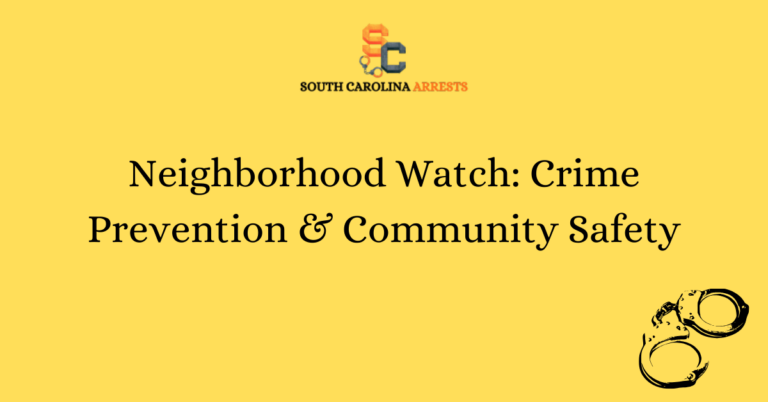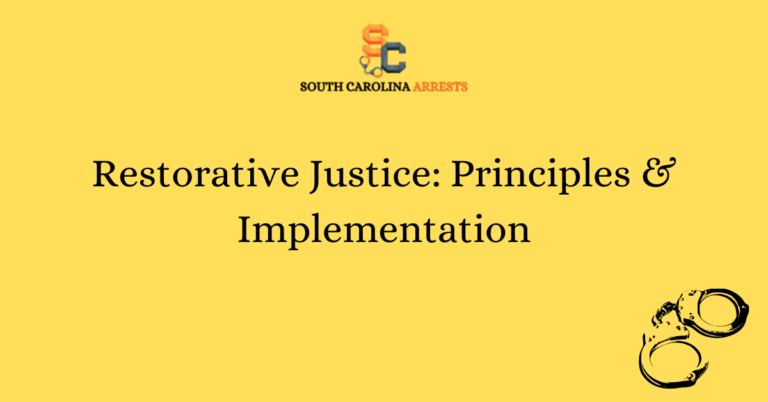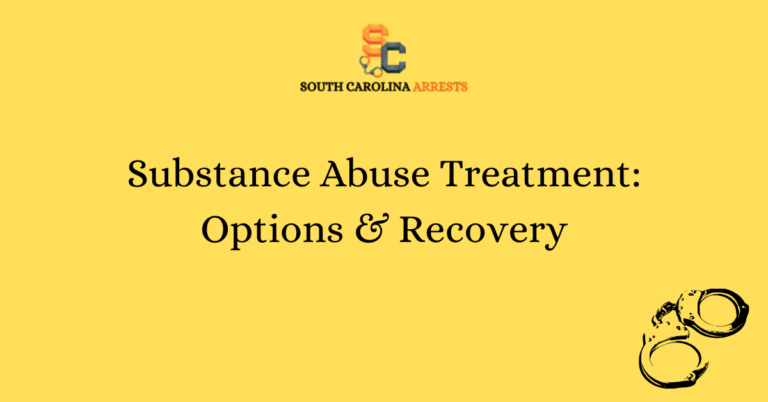Domestic Violence Shelters: Safety & Resources
Domestic violence shelters play a crucial role in providing safety and resources for individuals facing abusive situations. These shelters offer a safe haven for those in need, providing a secure environment where survivors can access support and assistance. With trained staff and resources available, these shelters aim to help survivors rebuild their lives free from violence.
By offering a range of services such as counseling, legal support, and temporary accommodation, domestic violence shelters empower survivors to break free from abusive relationships and start afresh. The resources available at these shelters are designed to address the complex needs of survivors, ensuring they receive the necessary assistance to move toward a life free from violence.
The Role of Domestic Violence Shelters
Domestic violence shelters play a crucial role in providing safety and support for survivors of abuse. These shelters serve as a haven for individuals who are fleeing abusive situations and need immediate protection. By offering temporary accommodation, domestic violence shelters ensure that survivors have a secure environment where they can seek refuge from their abusers.
Providing Safety and Support for Survivors
The primary goal of domestic violence shelters is to ensure the safety and well-being of survivors. These shelters offer a range of services, including crisis intervention, safety planning, and emotional support. By providing a safe space for survivors to heal and recover, domestic violence shelters empower individuals to break free from the cycle of abuse and rebuild their lives.
Empowering Survivors to Rebuild Their Lives
Domestic violence shelters empower survivors by offering them access to resources and support services that can help them rebuild their lives. From counseling and legal assistance to job training and housing support, these shelters provide survivors with the tools they need to regain their independence and move towards a violence-free life.
Accessing Counseling and Legal Assistance
In addition to providing immediate safety, domestic violence shelters offer survivors access to counseling and legal assistance. These services help survivors process their trauma, navigate the legal system, and secure the necessary resources to protect themselves and their families from further harm.
Creating a Secure Environment for Healing
Domestic violence shelters create a secure environment where survivors can heal and recover from the trauma of abuse. By offering a supportive and nurturing atmosphere, these shelters help survivors address their complex emotional and psychological needs, enabling them to heal and move forward with their lives.
Temporary Accommodation for Immediate Safety
One of the most critical services that domestic violence shelters provide is temporary accommodation for survivors in need of immediate safety. By offering a secure place to stay, these shelters ensure that survivors have a safe refuge where they can escape from their abusers and begin the healing process.
Addressing the Complex Needs of Survivors
Domestic violence shelters recognize that survivors have complex needs that require specialized support. From trauma-informed care to mental health services, these shelters offer a range of resources to help survivors address the emotional, physical, and financial challenges they may face as they work towards a violence-free life.
Resources Available for Moving Towards a Violence-Free Life
Domestic violence shelters provide survivors with a wide range of resources to help them move towards a violence-free life. From support groups and advocacy services to financial assistance and housing referrals, these shelters offer survivors the tools they need to break free from abuse and create a safer and more secure future.
Supporting Survivors in Breaking Free from Abuse
By offering comprehensive support and resources, domestic violence shelters empower survivors to break free from abuse and create a new life free from violence. These shelters play a vital role in supporting survivors on their journey toward healing, recovery, and ultimately, a violence-free future.
Frequently Asked Questions
Find answers to common queries and detailed information about the Domestic Violence Shelters: Safety & Resources below.
What services do domestic violence shelters provide?
Domestic violence shelters offer a safe haven for individuals and families fleeing abusive situations. They provide temporary housing, counseling, legal advocacy, support groups, and assistance in accessing community resources.
How can someone access a domestic violence shelter?
Individuals can typically access a domestic violence shelter by calling a hotline, reaching out to a local advocacy organization, or seeking help from law enforcement. Shelters prioritize safety and confidentiality for those seeking assistance.
What safety measures are in place at domestic violence shelters?
Domestic violence shelters have strict security protocols to ensure the safety of residents. These measures may include secure entry systems, confidential locations, on-site security staff, and strict policies to protect residents’ identities.
Can children stay at domestic violence shelters?
Yes, many domestic violence shelters provide accommodations for children, offering specialized services to meet their needs. Child advocates, counselors, and programs tailored to support children exposed to violence are often available.
What help do survivors get after leaving a domestic violence shelter?
Survivors leaving a domestic violence shelter may receive ongoing support through transitional housing programs, counseling services, legal assistance, job training, and community referrals. These resources aim to help survivors rebuild their lives and achieve long-term safety and stability.
How can someone support domestic violence shelters?
Individuals can support domestic violence shelters by volunteering their time, donating resources or funds, spreading awareness about domestic violence, and advocating for policies that protect survivors. Every contribution, big or small, makes a difference in supporting those affected by domestic violence.







